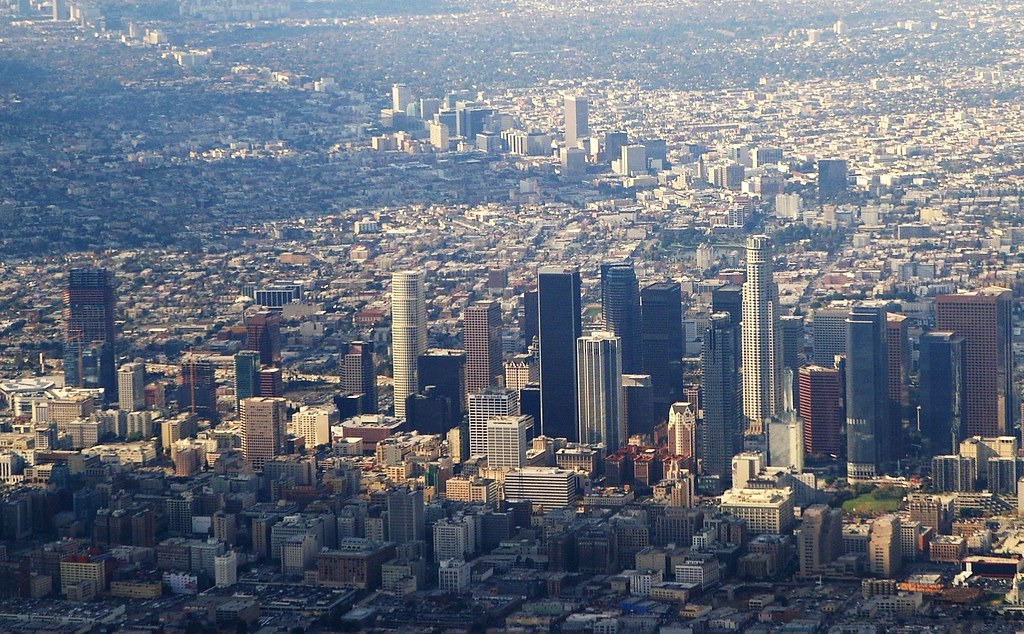On California we had:
Los Angeles
 http://www.flickr.com/photos/mike_s_etc/
vs
San Francisco
http://www.flickr.com/photos/mike_s_etc/
vs
San Francisco
 http://www.flickr.com/photos/tiascap...n/photostream/
San Francisco
http://www.flickr.com/photos/tiascap...n/photostream/
San Francisco
1860 ------ 119,018
1870 ------ 274,551 -- 130.7%
1880 ------ 440,514 --- 60.4%
1890 ------ 573,300 --- 30.1%
1900 ------ 686,256 --- 19.7%
1910 ------ 959,889 --- 39.9%
1920 ---- 1,218,175 --- 26.9%
1930 ---- 1,626,753 --- 33.5%
1940 ---- 1,790,757 --- 10.1%
1950 ---- 2,762,226 --- 54.2%
1960 ---- 3,738,554 --- 35.3%
1970 ---- 4,770,215 --- 27.6%
1980 ---- 5,392,930 --- 13.1%
1990 ---- 6,290,008 --- 16.6%
2000 ---- 7,092,596 --- 12.8%
2010 ---- 7,468,390 ---- 5.3%
2012 ---- 7,668,355 ---- 2.7%
Los Angeles
1860 ------- 16,884
1870 ------- 19,297 --- 14.3%
1880 ------- 59,829 -- 210.0%
1890 ------ 156,718 -- 161.9%
1900 ------ 250,187 --- 59.6%
1910 ------ 648,316 -- 159.1%
1920 ---- 1,150,252 --- 77.4%
1930 ---- 2,597,055 -- 125.8%
1940 ---- 3,252,720 --- 25.2%
1950 ---- 4,934,246 --- 51.7%
1960 ---- 7,751,616 --- 57.1%
1970 ---- 9,972,037 --- 28.6%
1980 --- 11,497,486 --- 15.3%
1990 --- 14,531,529 --- 26.4%
2000 --- 16,373,645 --- 12.7%
2010 --- 17,877,006 ---- 9.2%
2012 --- 18,238,998 ---- 2.0%
^^
San Francisco is growing faster than Los Angeles once more.
It's not comparable to Rio vs São Paulo or Montreal vs Toronto, as the two cities were too distinct and there was no shift of people, money, from one area to another.



